Google, Facebook give users added account controls
Facebook's new app approval process delivers on the social network's privacy promises as Google extends suspicious log-in activity alert.

Google and Facebook have both introduced new measures aimed at bolstering security and providing their users with greater control over their personal details.
Google has extended Gmail's suspicious activity monitor across its entire range of services, while Facebook users can now see exactly what information third-party add-ons are asking for before agreeing to launch the app.
Google's suspicious activity monitor, already a feature in Gmail, has been extended across all its web services, and will now display a warning in red on the Dashboard if suspicious logins have been made to any of your Google accounts.
Login attempts are considered suspicious if they originate from outside the general geographic location of your normal IP address.
"If you log in using a remote IP address, our system will flag it for you," Google product manager Yariv Adan revealed on the Google Public Policy blog. "So if you normally log into your account from your home in California and then a few hours later your account is logged in from France, you'll get a notice at the top of your Dashboard page alerting you to the change and providing links for more details."
The feature is not designed to block users from their Google accounts, but to warn of unusual behaviour. A user who sees a warning can choose to dismiss it or to change their password on the spot. They can also view the specific IP addresses that have been used most recently to access the account.
The feature was introduced to Gmail users several months ago, mainly as a response to the infiltration of several high-profile individuals' email accounts through Google's Chinese servers late last year.
Get the ITPro daily newsletter
Sign up today and you will receive a free copy of our Future Focus 2025 report - the leading guidance on AI, cybersecurity and other IT challenges as per 700+ senior executives
"Since this has been effective in helping people identify improper access, we decided to extend it to all our Google Account users, not just Gmail," Adan added.
Google Dashboard users will also notice a new link at the bottom of the Dashboard page allowing them to report any issues with the new feature.
Facebook finally delivered on its pledge to give account holders more control over their data, unrolling a new system that requires third-party apps, websites and services to have explicit user permission before accessing users' personal details.
"With this new authorisation process, when you log into an application with your Facebook account, the application will only be able to access the public parts of your profile by default. To access the private sections of your profile, the application has to explicitly ask for your permission," Facebook's chief technology officer (CTO) Bret Taylor revealed.
The previous system saw apps not having to disclose which personal information they were using, putting the burden of responsibility on the user to safeguard their details by labelling them as private.
After increasing pressure from privacy groups to address the matter and simplify Facebook's convoluted privacy controls, users will now be told the exact information each app is looking to access, and will be given the chance to accept the request or block the app.
"Today, we're taking the next step by providing more transparency and control over the information you share with third-party applications and websites," Taylor added.
-
 Should AI PCs be part of your next hardware refresh?
Should AI PCs be part of your next hardware refresh?AI PCs are fast becoming a business staple and a surefire way to future-proof your business
By Bobby Hellard Published
-
 Westcon-Comstor and Vectra AI launch brace of new channel initiatives
Westcon-Comstor and Vectra AI launch brace of new channel initiativesNews Westcon-Comstor and Vectra AI have announced the launch of two new channel growth initiatives focused on the managed security service provider (MSSP) space and AWS Marketplace.
By Daniel Todd Published
-
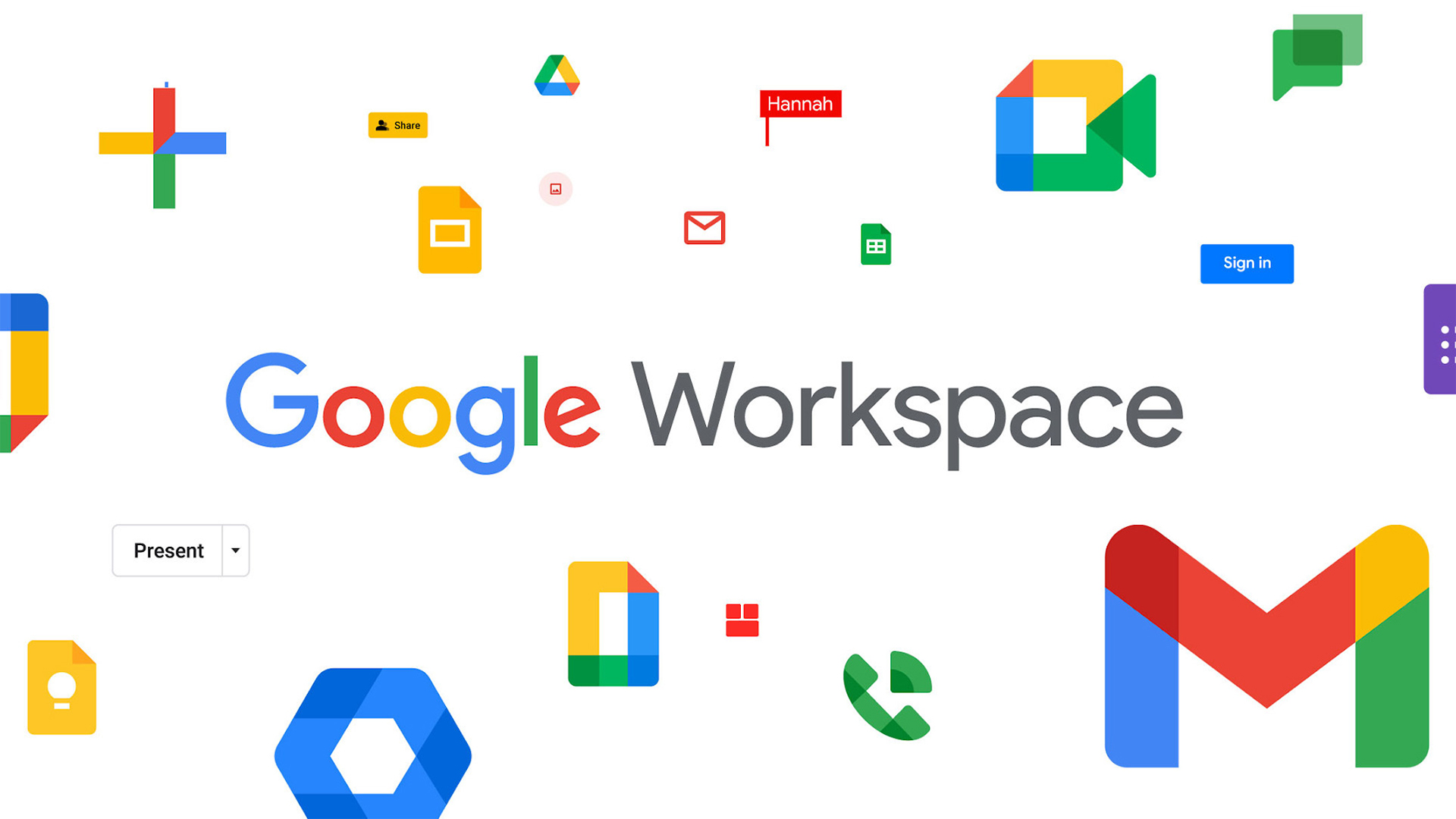 Google Workspace is getting a Gemini makeover – but prices are going to increase
Google Workspace is getting a Gemini makeover – but prices are going to increaseNews The new pricing structure may help Google boost competition with Microsoft
By George Fitzmaurice Published
-
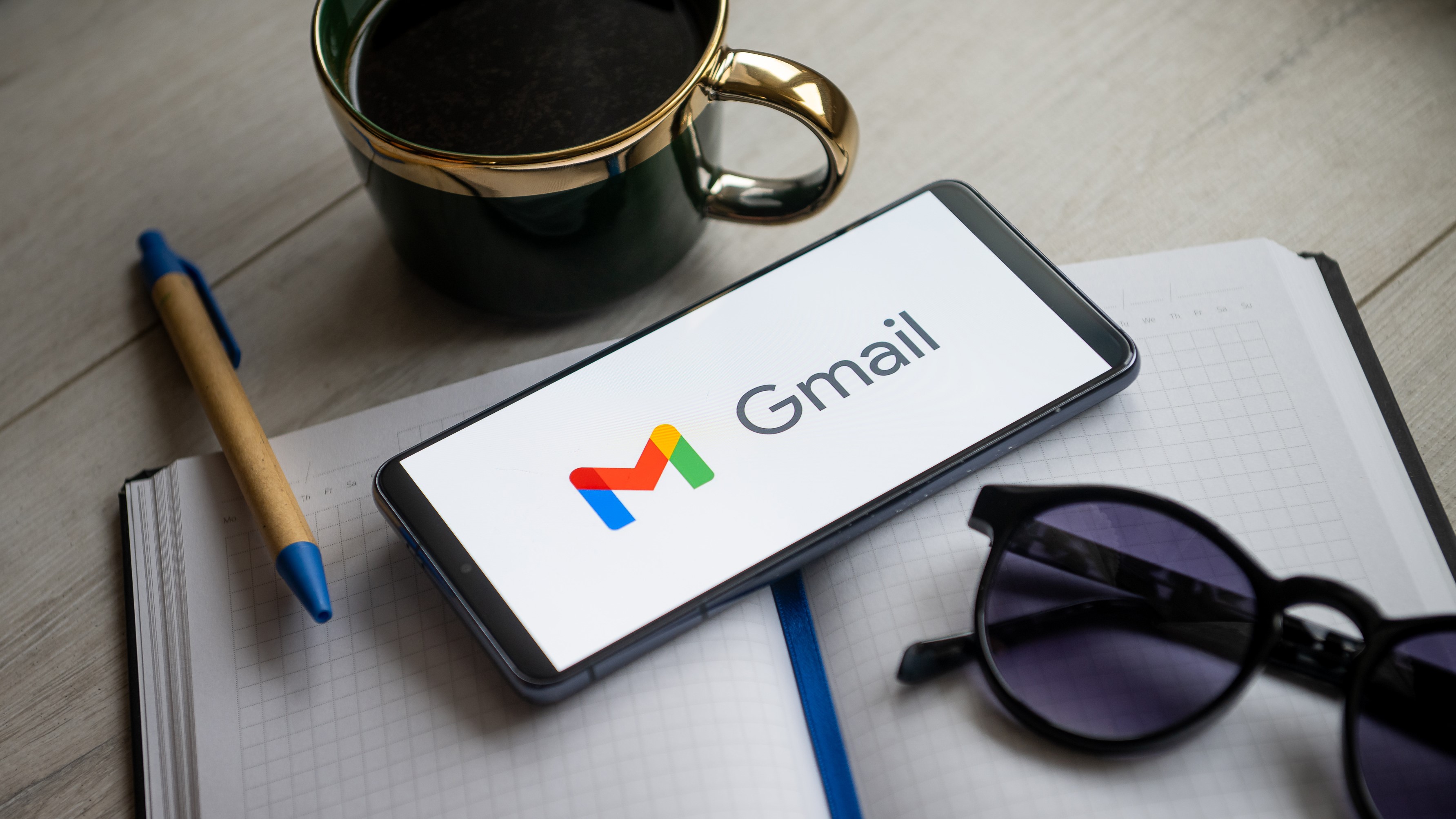 Google confirms Gmail is “here to stay” amid speculation over plans to scrap the email service
Google confirms Gmail is “here to stay” amid speculation over plans to scrap the email serviceNews Claims that Google plans to sunset Gmail were a hoax, so there's no need to panic
By Ross Kelly Published
-
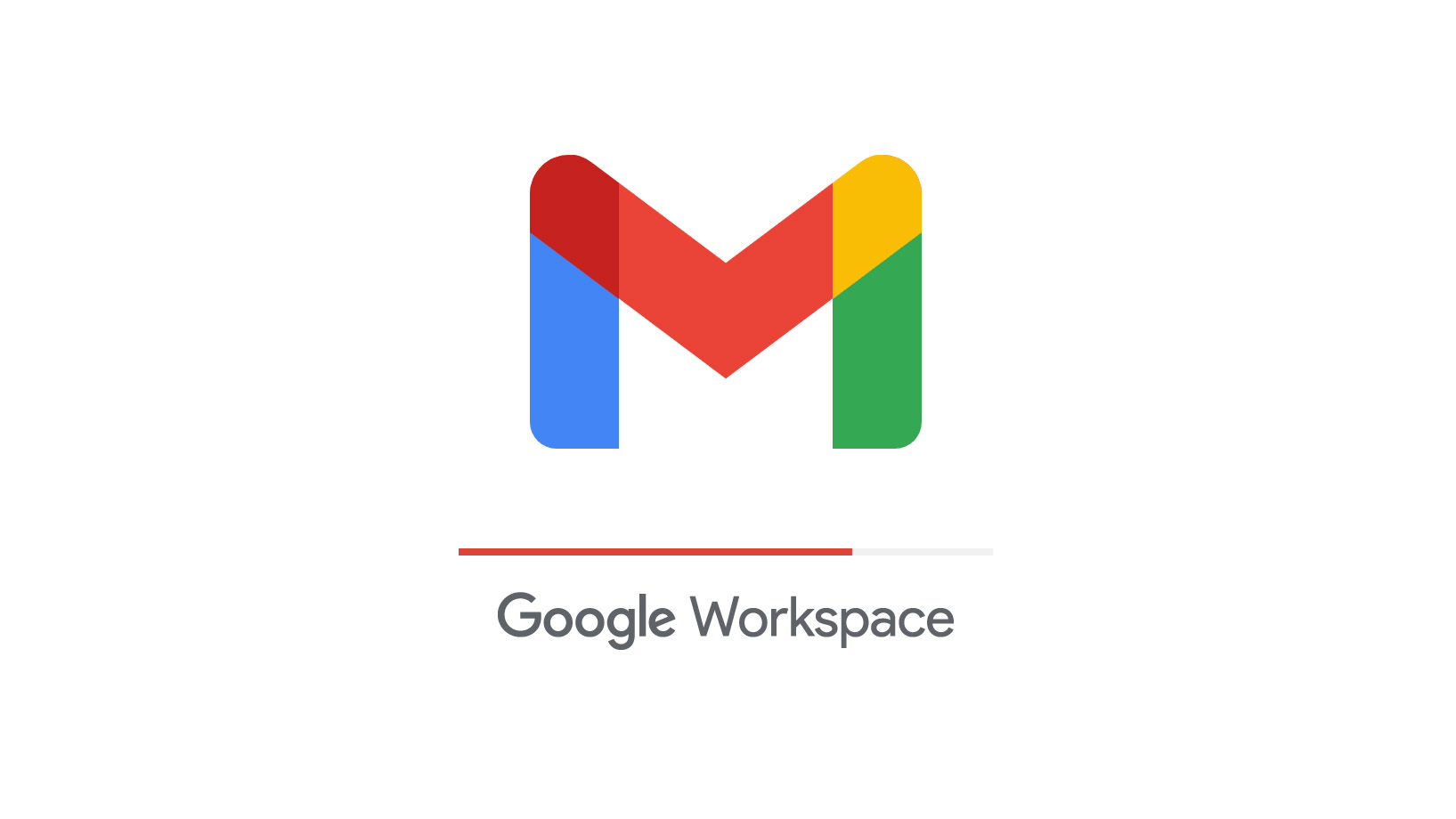 Google Workspace Review: A simple aesthetic with productivity in mind
Google Workspace Review: A simple aesthetic with productivity in mindReviews From free to enterprise, Google’s ever-popular productivity suite has a range of tiers and functions for all sizes of business
By Ross Kelly Last updated
-
 CloudHQ fully integrates Gmail with Google Sheets
CloudHQ fully integrates Gmail with Google SheetsNews Users can bulk export email text to Google Sheets, Excel, or CSV files
By Praharsha Anand Published
-
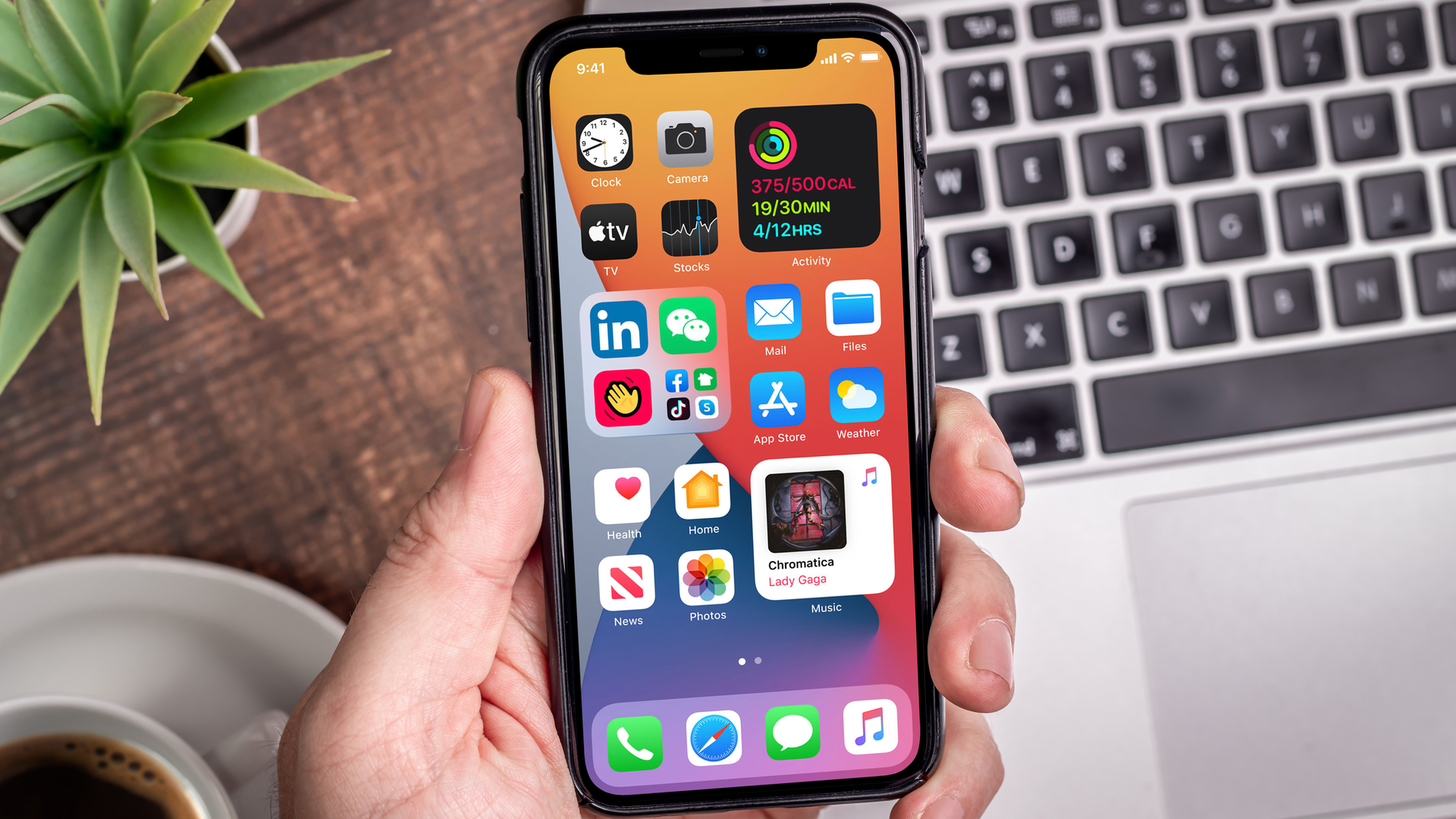 Apple delays iOS 14 privacy changes after Facebook pressure
Apple delays iOS 14 privacy changes after Facebook pressureNews The social network complained that limiting the potential to target iOS users would see developers’ revenues collapse
By Keumars Afifi-Sabet Last updated
-
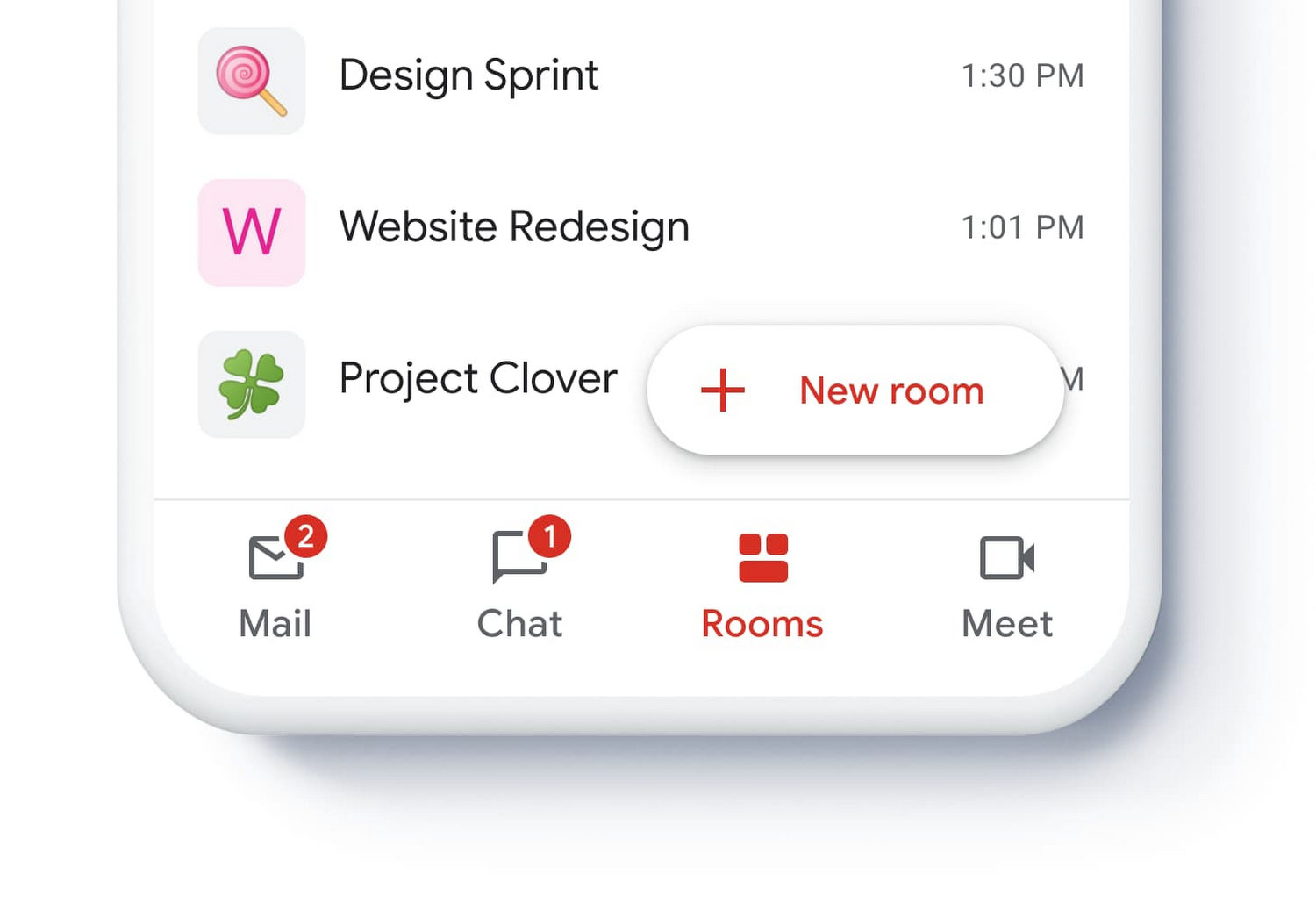 Gmail for G Suite becomes a hub for corporate communications
Gmail for G Suite becomes a hub for corporate communicationsNews Everything you need is now on one page, but it may get overwhelming
By Justin Cupler Published
-
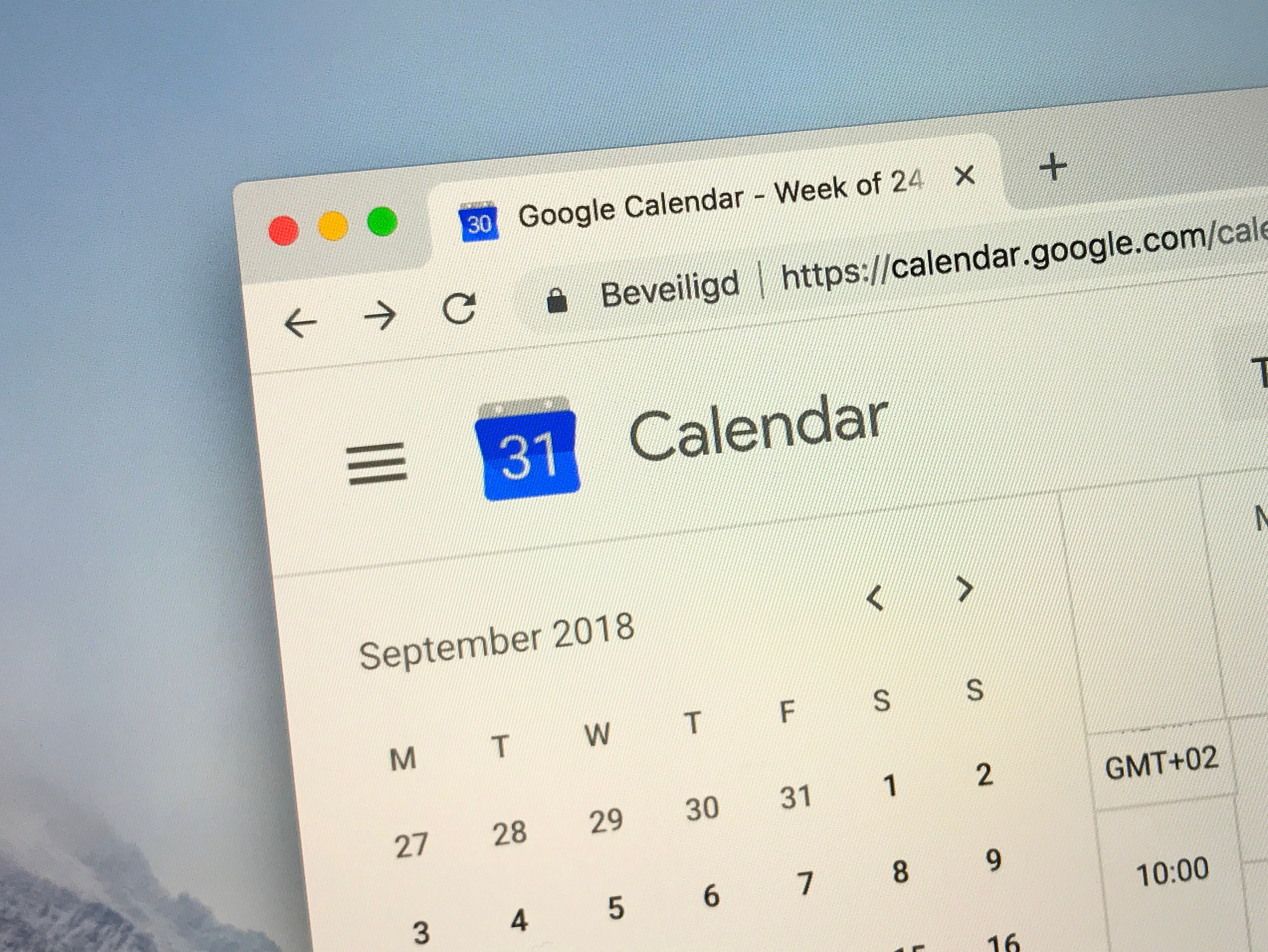 How to share your Google Calendar
How to share your Google CalendarTutorials Follow these easy steps to share your Google Calendar with family, friends or team members
By Sarah Brennan Last updated
-
 Gmail introduces new features to makes personalizing your inbox easier
Gmail introduces new features to makes personalizing your inbox easierNews G Suite customers will see the Quick Setting feature starting June 2020
By Susan Johnson Published